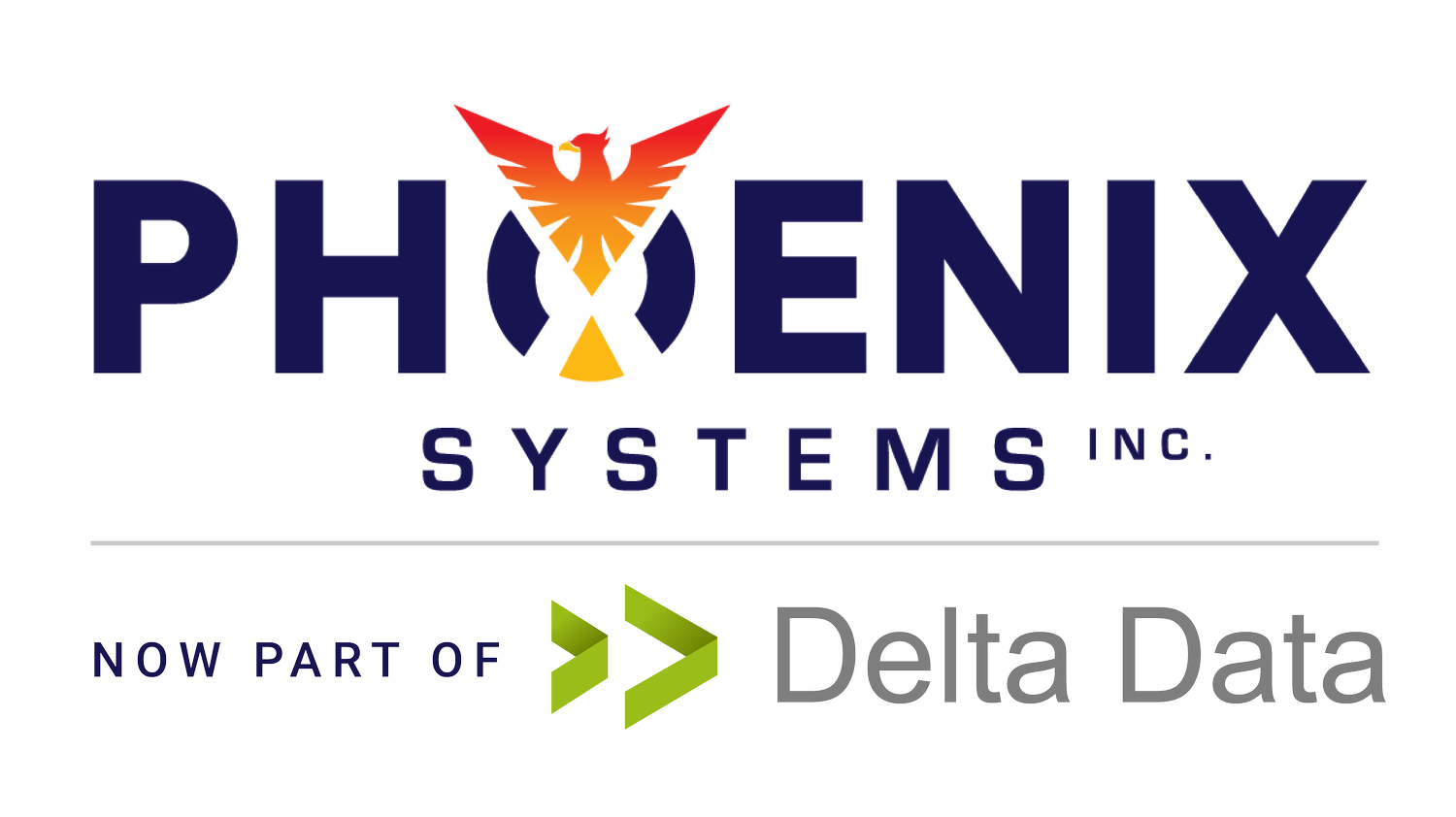Trends Shaping The Investment Management Industry
The investment management industry is undergoing a profound transformation, with several key trends reshaping the way investments are managed and strategies are devised. In this article, we will examine the most influential investment management industry trends, from sustainable and responsible investing to the adoption of cutting-edge technology. These changes not only impact financial institutions but also have far-reaching consequences for individual investors. Let's explore the evolving world of the investment management industry.
Embracing Sustainable and Responsible Investing
One of the most significant investment management industry trends is the increasing emphasis on sustainable and responsible investing. Investors are becoming more conscious of environmental, social, and governance (ESG) factors when making investment decisions. This trend has been accelerated by growing awareness of climate change and social issues. As a result, asset managers are integrating ESG considerations into their investment strategies, offering ESG-focused funds, and working with companies to improve their ESG practices.
Technology-Driven Decision-Making
Technology is revolutionizing the investment management industry. From artificial intelligence (AI) and machine learning to big data analytics, asset managers are using advanced tools to gain insights and make data-driven decisions. AI-driven algorithms can analyze vast datasets and identify investment opportunities or risks in real time, improving portfolio management and trading strategies.
Rise of Passive Investing
Passive investing, characterized by strategies like index funds and exchange-traded funds (ETFs), is another prominent trend in the investment management industry. These investments offer a low-cost and diversified approach to investing, appealing to both institutional and retail investors. The shift towards passive investing has put pressure on active fund managers to justify their fees and demonstrate their value.
Regulatory Changes and Compliance
The investment management industry is subject to a constantly changing regulatory landscape. With increased scrutiny of financial markets, fund managers must navigate complex compliance requirements. Regulations like MiFID II and Dodd-Frank have brought about changes in reporting, disclosure, and investor protection. Staying compliant is an ongoing challenge for the industry.
Alternative Investments and Diversification
In pursuit of better returns and risk management, investment managers are increasingly turning to alternative investments. These include private equity, hedge funds, real estate, and venture capital. Diversifying portfolios with alternative investments can provide uncorrelated returns and lower overall risk, providing investors with a wider range of options.
Increased Focus on Risk Management
In today's volatile market environment, risk management is a top priority for investment managers. Traditional risk assessment models are being complemented by more sophisticated methodologies, such as stress testing and scenario analysis. This trend reflects a growing recognition of the need for comprehensive risk mitigation strategies.
Geopolitical and Economic Uncertainties
Geopolitical tensions and economic uncertainties have a definite impact on the investment management industry. Events like trade disputes, political elections, and global crises can cause market volatility and disrupt investment strategies. Asset managers must be agile in adapting to these changing conditions.
Investor Expectations and Transparency
Investors today expect greater transparency and accessibility in their interactions with asset managers. They want to understand the fees they are charged, and the strategies employed in managing their investments. This trend has led to increased efforts by asset managers to improve client communication and provide more comprehensive reporting.
Cybersecurity and Data Protection
The investment management industry is not immune to the growing threat of cybersecurity breaches and data theft. With sensitive financial information at stake, asset managers must invest in strong cybersecurity measures to safeguard client data and protect their operations. Data protection regulations like GDPR have heightened the focus on this area.
Shift Toward Fee Compression
Fee compression is an ongoing trend in the investment management industry, driven by competitive pressures and increased demand for lower-cost investment options. This has led to a reduction in management fees, especially for passive and index-based funds. Asset managers are reevaluating their fee structures to remain competitive.
Demographic Shifts and Changing Investor Behavior
Demographic changes, particularly the rise of the millennial generation as a significant investor demographic, are influencing the industry. Millennials tend to have different investment preferences and values, often favoring ESG-focused investments and digital platforms. Asset managers are adapting their offerings to cater to these changing investor behaviors.
Globalization and Emerging Markets
The globalization of financial markets has opened up opportunities for investment in emerging markets. Investment managers are looking beyond traditional markets to find new sources of growth. This trend involves understanding and working through the unique risks associated with investing in less-developed economies.
Impact of the Pandemic
The COVID-19 pandemic has accelerated several trends in the investment management industry. It emphasized the importance of risk management, the adoption of remote work capabilities, and the need for more resilient investment strategies. The pandemic experience has left a lasting imprint on the industry's practices.
Behavioral Finance and Psychology
Understanding investor behavior and psychology is increasingly important in the investment management industry. Behavioral finance, which examines the emotional and cognitive factors influencing investment decisions, is being used to design more effective strategies and mitigate behavioral biases.
Mergers and Acquisitions
The investment management industry has seen a wave of mergers and acquisitions in recent years. Firms are consolidating to achieve economies of scale and expand their service offerings. These transactions can impact the competitive landscape and create opportunities for innovative services.
Discover the Future of Investment Management
The investment management industry is constantly evolving, driven by a combination of external factors and internal innovations. These investment management industry trends, from ESG investing and technology-driven decision-making to the rise of passive investing, reflect the dynamic nature of the financial world. As investors and asset managers adapt to these changes, it's important to stay informed and prepared for the future of investment management. Whether you are a seasoned investor or someone just entering the world of finance, understanding these trends will be critical for success in the evolving world of investment management.

